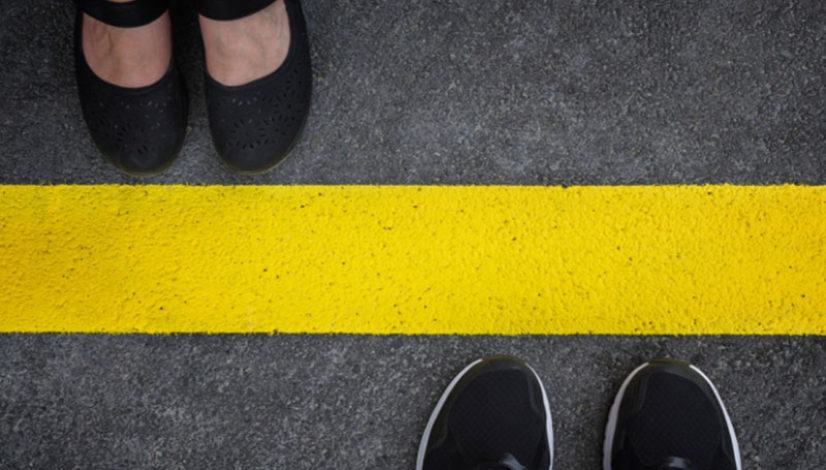Enabling vs. Support. Where is the line?!
Where do we draw the line?
I like to help families tease out enmeshed relationships by starting them with a simple question. “Am I doing something for this person that they could do for themselves?” If the answer is yes, them obviously, don’t do it! This does get tricky with family, especially parent to child relationships.
The parent often believes that they are engaging in crisis management to support their child. Be it, paying off bills, rent, gas or other living expenses. It may even be paying lawyers and drug dealers. It seems obvious how this type of help quickly becomes enabling.(definition of enabling) For the family member however, it may not be so obvious.
Being blinded by love isn’t just in romance. Love often confuses people when addiction or other mental health problems are involved. I have sat with many a parent in tears when they realize that their efforts to help contributed to the demise. That all the money they gave to help was used for drugs. All of it. Yes, they bought their kids drugs for them. Some times for years!
Tough love is not a new term. It means making difficult decisions about how to interact with others that are behaving destructively. It is counter intuitive to cut your child off financially. The guilt and shame of imagining them freezing to death all alone under a bridge since you wouldn’t allow anymore drug use in your home it too much. Of course, they aren’t really under a bridge, rather crashed out on someone’s couch. It’s much easier resolve their crisis and know that they are ok rather than let fear run wild and tell us the worst is happening.
So how do we do it?
How do we set boundaries with someone we love and without destroying the relationship? The answer is a tough one. The truth is whenever we set a relationship boundary with someone, we have to be prepared to lose the relationship. This is a critical facet of healthy boundaries, especially with addictions! There can be no bluffing. We must be fearless and faithful when entering into the world of healthy boundaries. Otherwise doubt and confusion will creep in and we will cave, one more time.
The simple fact is that we have to stop being first responders for our loved ones! Whenever we get involved in crisis management, we also become responsible for the outcome. The addicted person often knows this which is why they call you when in crisis. They call you instead of a lawyer when they have legal problems. They call you instead of a financial expert when they have a financial crisis. You get drawn into the crisis and then magically become their crisis manager.
The skill of detaching with love is not natural, we must learn how to do it. Learn it from others who have done it successfully. The same way that addicted people must learn recovery from other people with addiction. Others that have solved the addiction problem and found the recovery solution.
In Al-Anon,(link to al-anon) a 12 step mutual support group, members learn how be free of managing other peoples lives. How to live guilt free while maintain healthy boundaries with those around them. Notice I said guilt free, not pain free. They have solved the enabling problem and found the support solution.
The truth is, the best thing you can do for the person with addiction is work on yourself and your boundaries. Healthy boundaries are the addiction repellent. Professional help is also a valuable resource when trying to make healthy decisions in relationships. A professional can provide third party objective support while validating the pain of experiencing love with someone that has an untreated mental health condition. Seeking out these resources will take courage. Courage to Change.
– Matthew Jarvis, MA, LPC, LAC, EMDR


